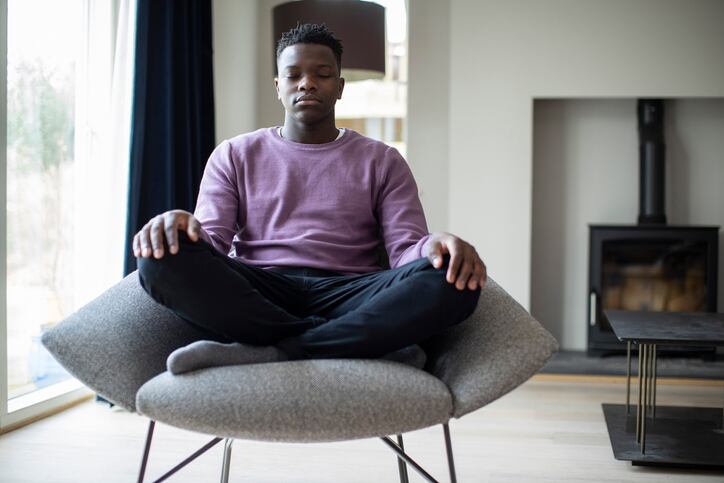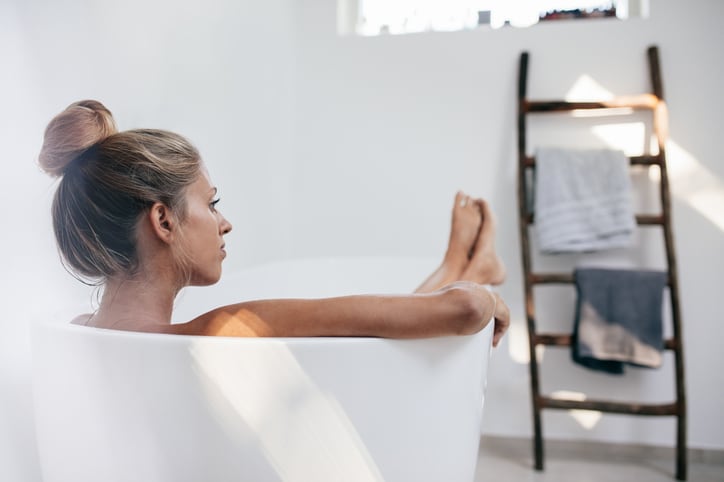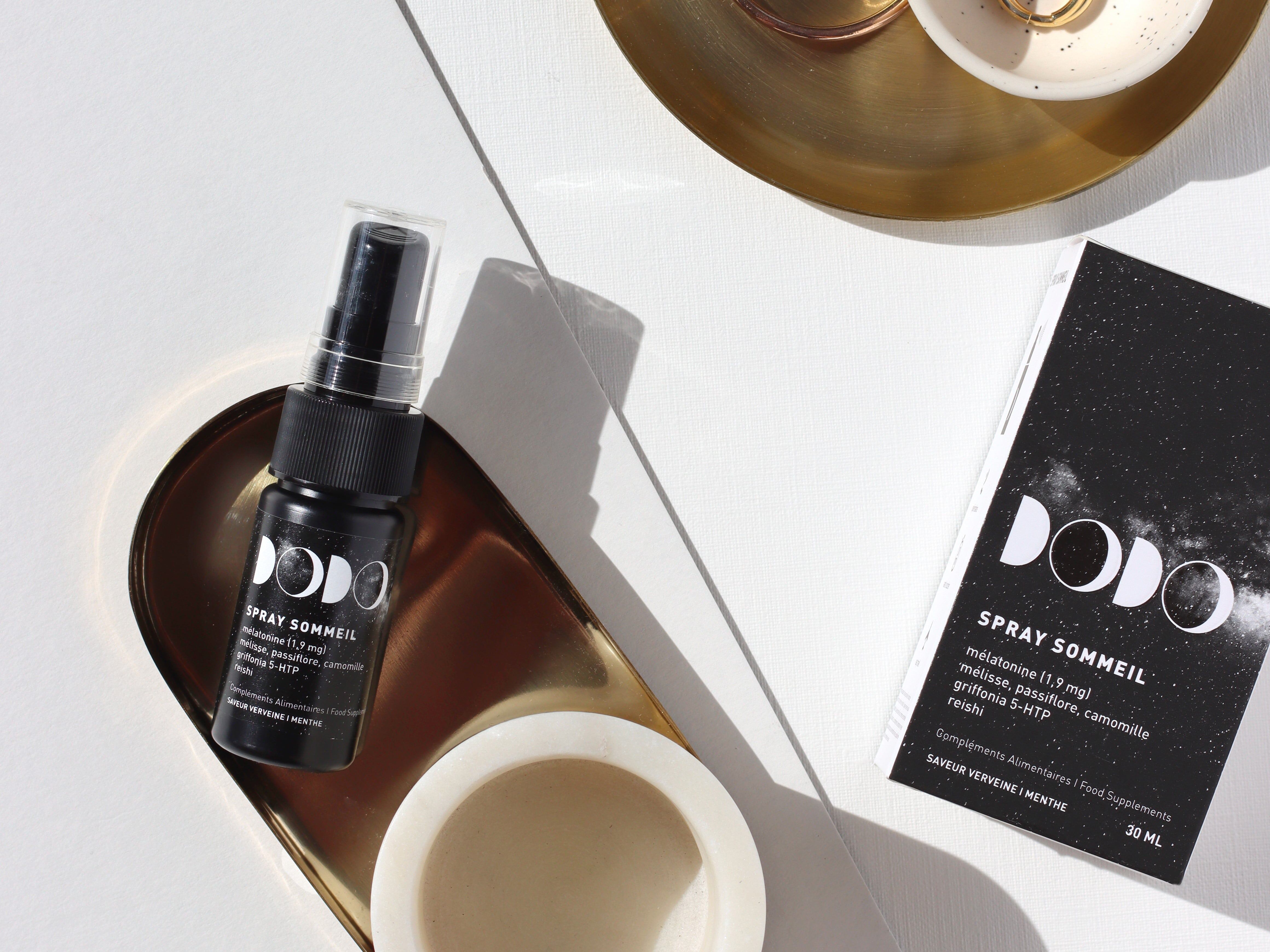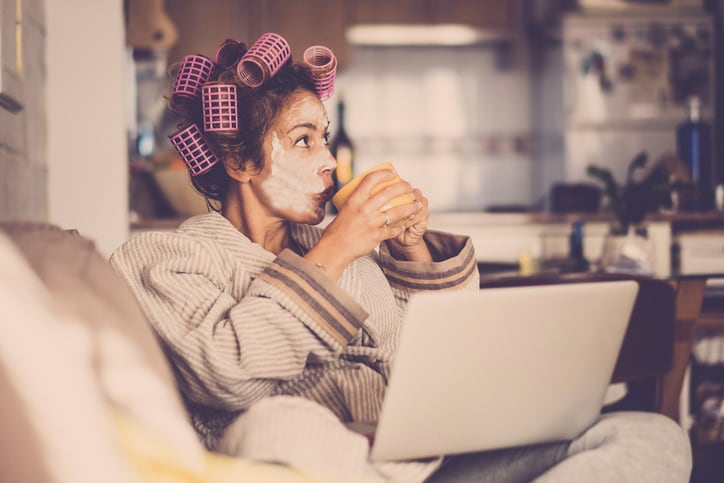Prior to COVID-19, consumers were already increasingly stressed, according to an online survey conducted by Lightspeed and Mintel. Findings showed 80% of German consumers had stress related to finances; 68% of Italian consumers were stressed about work; and 78% of Spanish consumers identified stress related to relationships. Physical health also preoccupied consumer concerns (92% of Spanish consumers), along with sleep quality (64% of German adults).
So, as the coronavirus crisis continues to take hold across the consumer world, promoting wellbeing and positivity had become increasingly important, according to Andrew McDougall, associate director for global beauty and personal care at Mintel.
Self-care and wellness gain importance during COVID-19
“There has been a lot of focus on mental health and emotional wellbeing during the ongoing health pandemic,” McDougall told CosmeticsDesign-Europe. “And it continues self-care and wellness messages that have been proving popular in beauty and personal care in the last few years. The beauty industry has been advocating total wellbeing and positive emotional marketing in recent years; and you would say there is no better time than now to strongly deliver that message and encourage consumers to continue looking and feeling their best.”
There were still opportunities to look and feel good, he said, despite nationwide lockdowns, remote working and use of protective masks.
The make-up category, for example, had scope to target “on-point” eye makeup looks that worked with protective face masks or enabled consumers to achieve a “stay-home professional look”, he said. Similarly, beauty and personal care brands had an opportunity to “encourage self-care by delivering indulgent experiences” that relaxed and reconnected consumers to themselves during what was a highly stressful and anxiety-filled period for many.
"Indeed, Mintel’s coverage of the outbreak so far suggests that pampering, or treating yourself, is one of the reasons to partake in more beauty activities; as well as stress relief," he said.
Brands could also innovate formats and textures, he said, to enhance consumers' personal care routines and improve mood during quarantine.
Beauty rituals can encourage a stress-free ‘digital detox’

McDougall said the beauty and personal care category could also shake-up routines that had become tiresome for consumers during the coronavirus crisis – endless screen time, too much social media and juggling work and home life simultaneously, to name just a few aspects.
“As feelings of anxiety and loneliness take a toll on emotional health, technology is enabling connections. However, as screen time increases, the need to switch off will also grow. Brands can encourage digital detox with beauty rituals like home spa experiences and meditation, while raising awareness of blue light protection,” he said.
Some were already leveraging this, he said. In Brazil, for example, Natura had started to promote its meditation app which was initially launched in 2018. “The app was inspired by a wellbeing and stress reduction program created by Natura and the Israeli Research Institute Albert Einstein and the Palas Athena Association. The app offers practices focused on breathing, relaxation, kindness and mindfulness.”
Routine enhancement was one important strategy identified last year by Mintel to tap into the consumer wellness boom and influence mood, particularly in times of heightened stress, loneliness and strong focus on mental health.
McDougall also previously discussed how women tended to be more open to beauty innovations that tapped into mood, emotional wellbeing and self-care.




